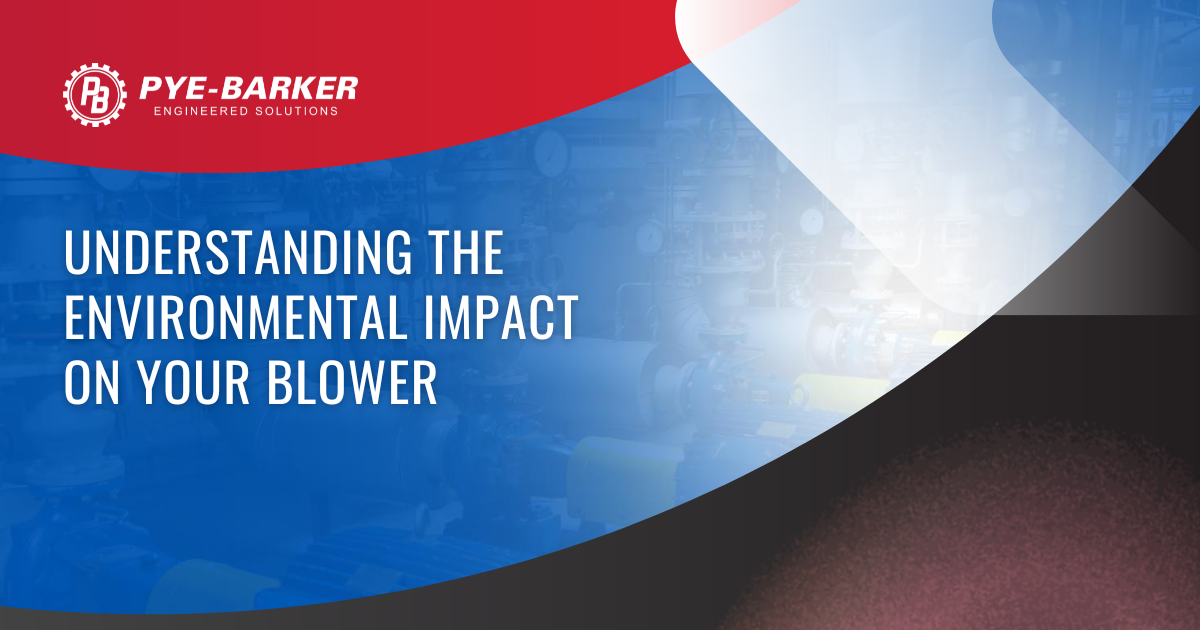
Spring and summer bring more than just warm weather—they also bring a surge in airborne particles like pollen, which can cause unexpected issues for industrial blowers. Just as pollen affects our breathing, it can also affect the efficiency and longevity of your shop's blower.
A typical blower relies heavily on its inlet filter to keep the air clean. However, during pollen-heavy seasons, this element may become clogged, leading to reduced airflow or even damage to the filter itself. When the blower draws in air mixed with pollen, the increased pressure can cause the filter to fail, resulting in poor filtration.
Blowers are designed with precise end clearances. When these clearances are obstructed by debris from a compromised filter, knocking and excess noise are common. This can also lead to pressure drops and increased vibrations, which are indicators of clearance issues. Over time, heat marks may appear as a result of the increased friction.
Even the best filtration system can't catch everything. As temperatures rise, so does the operating temperature of your blower. This heat not only affects the blower but also the oil within it. Over time, the oil's ability to absorb heat diminishes, leading to rotor overheating and potential blower failure. Regular oil changes are crucial to maintaining optimal blower performance, especially in warmer weather.
Conclusion
Environmental factors like pollen and heat can significantly impact the performance of your blower. Regular maintenance, including filter inspections and oil changes, can prevent these issues from escalating, ensuring your equipment runs smoothly throughout the year.
FAQs
Q1: How often should I check the blower's inlet filter during pollen season?
A1: It's advisable to inspect the inlet filter weekly during peak pollen seasons to prevent clogging and maintain airflow.
Q2: What are the signs of filter failure in a blower?
A2: Increased noise, pressure drops, and visible heat marks on the blower indicate potential filter failure.
Q3: Why is oil changing important for blower maintenance?
A3: Regular oil changes help maintain the blower's heat capacity, preventing overheating and rotor damage.
Q4: Can pollen affect all types of blowers?
A4: Yes, pollen can impact any blower that relies on an air filtration system, particularly during high-pollen seasons.
Ensure your blower operates at peak performance—schedule a maintenance check with Pye-Barker Engineered Solutions today. Contact us at 404-476-6209 or sales@pyebarker.com for expert advice and service.


